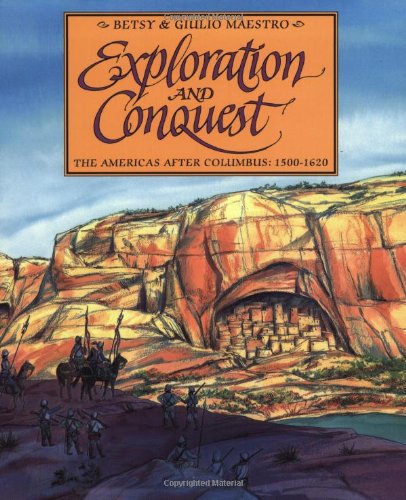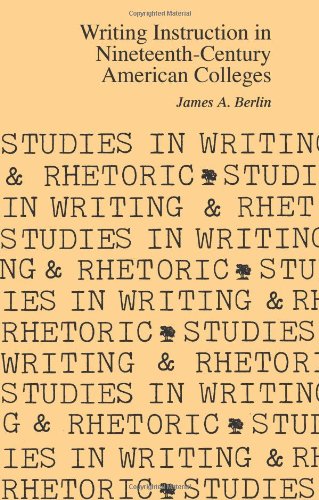Exploration and Conquest: The Americas After Columbus: 1500-1620 (American Story) Review

Christopher Columbus was not the first to discover the Americas, but his voyages led to European exploration of the New World. Rich in resources and natural beauty, the Americas were irresistible to gold-hungry conquistadors. The newcomers gave little thought to those who had called the lands their home, and exploration soon came to signify conquest. The New World -- and the lives of its inhabitants -- would be changed forever.



